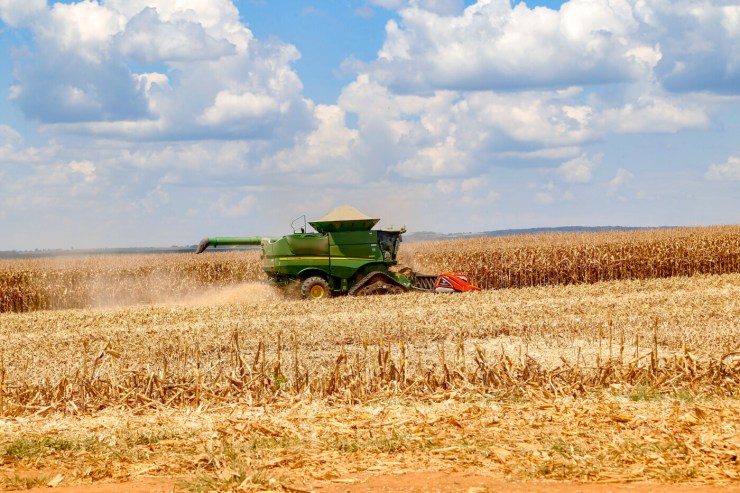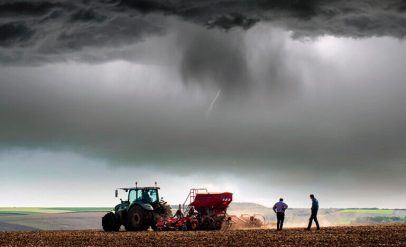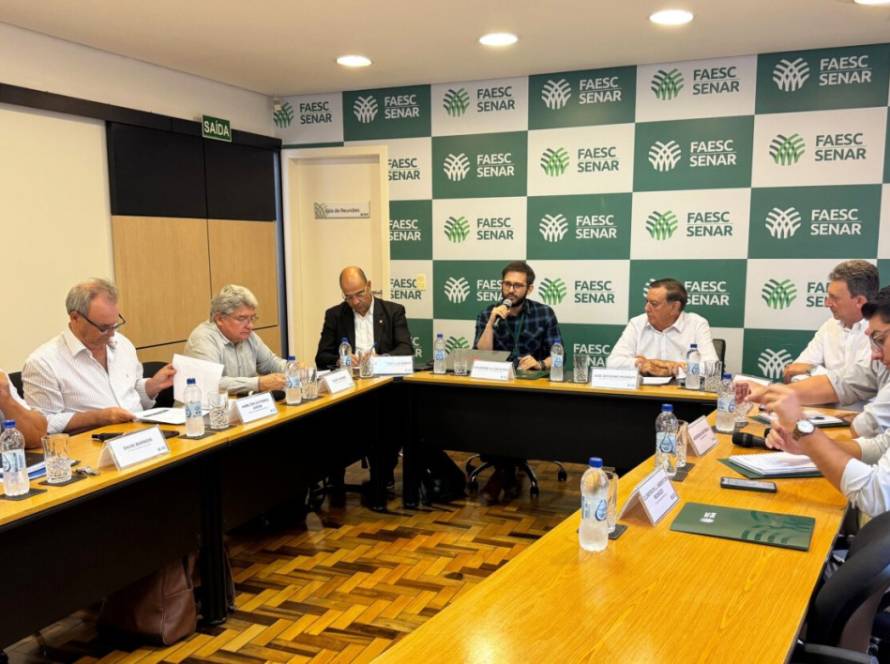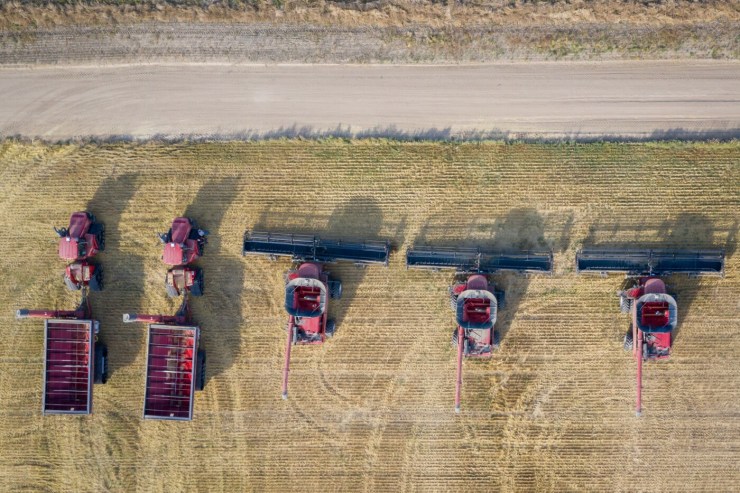A successful Brazil starts in the countryside. It is there that the sweat of rural producers supports more than a quarter of our GDP (Gross Domestic Product), ensures food on the table of Brazilians and accounts for a significant portion of our exports. But, unfortunately, those who plant today are reaping the consequences. The Safra Plan, which should have been a robust support policy, has become a game of push and pull between ideological discourses and a lack of real commitment to Brazilian agriculture.

Photo: Disclosure/FPA
In a scenario of climate uncertainty, rising production costs and falling commodity prices, the least the sector expected was security — security in credit, rural insurance and institutional support. But what we see is the opposite: widespread insecurity.
The lack of resources for rural insurance is a tragedy waiting to happen. Producers can no longer count on even minimal protection against losses. The result? Greater risk, less financing and increasingly higher interest rates. And small and medium-sized producers — those who do not have access to large structures or foreign capital — end up being the most penalized.
The government insists on fanciful solutions, trying to push agribusiness into the capital markets as if this were the panacea for all ills. This strategy may work in one niche or another, but not for the real Brazil, the productive regions that face drought, excessive rain, pests and potholed roads. The financialization of the countryside, with a “green” veneer, may please international investors, but it does not solve the plight of those who actually deal with the land.
And all of this is made worse by the lack of a clear commitment to legal certainty. Threats of new demarcations, slowness in land regularization and moratoriums imposed without dialogue only increase uncertainty and scare away investments.
The 2025/2026 Harvest Plan needs to be more than just a publicity stunt to please multilateral organizations. It needs to be a concrete tool to support Brazilian rural producers. Agriculture is not a villain — it is a hero of the national economy. And heroes should be treated with respect, not with contempt disguised as modernity.
It is time to stop playing with Brazil’s future. The countryside is crying out for help, and we in the Chamber of Deputies will continue to fight firmly for a fair Harvest Plan, with accessible credit, strengthened insurance and public policies that see the producer as a partner — not an enemy.





